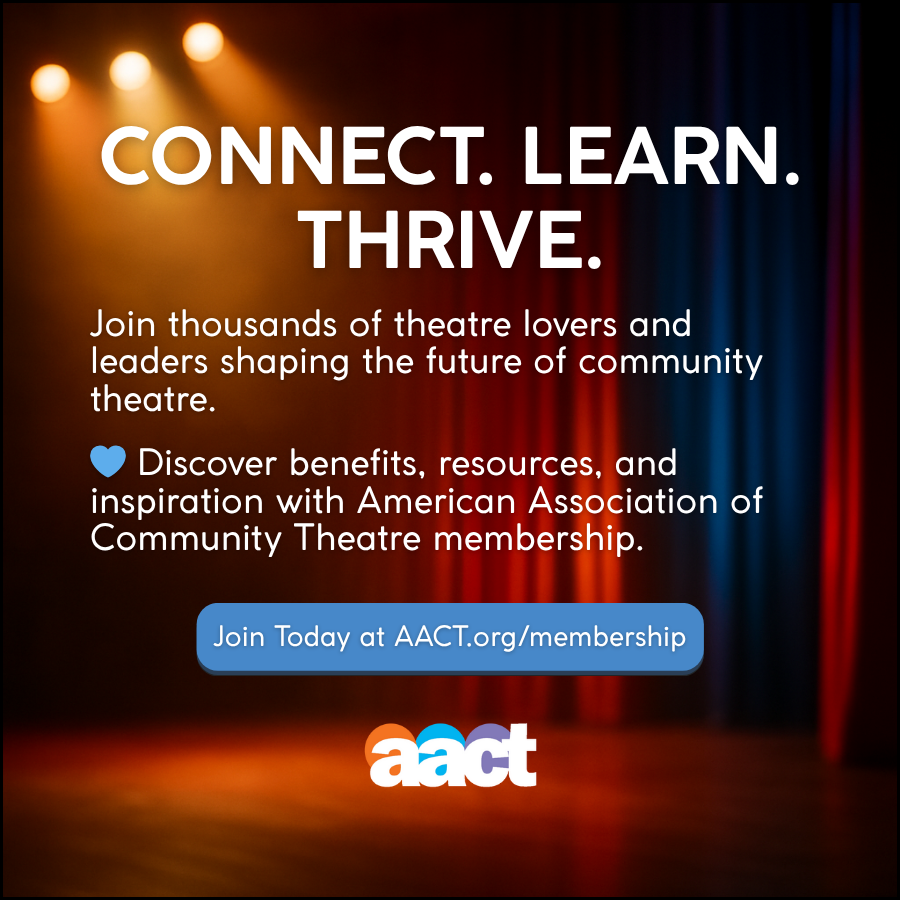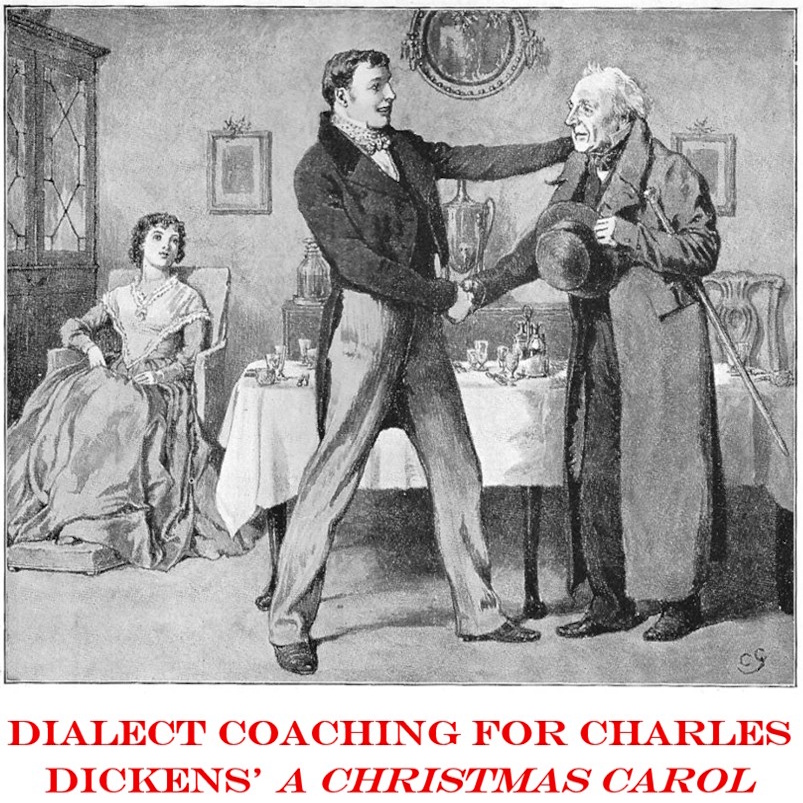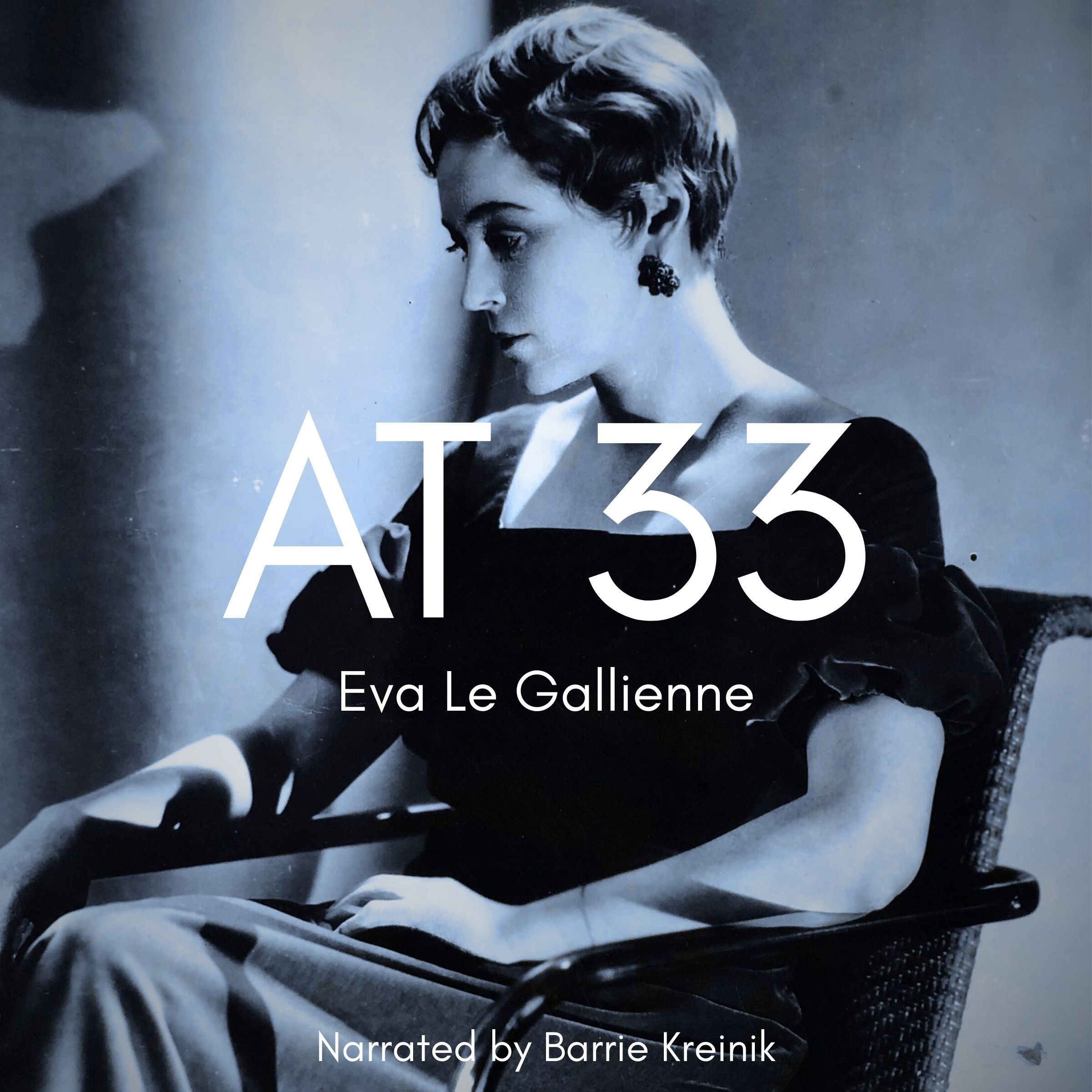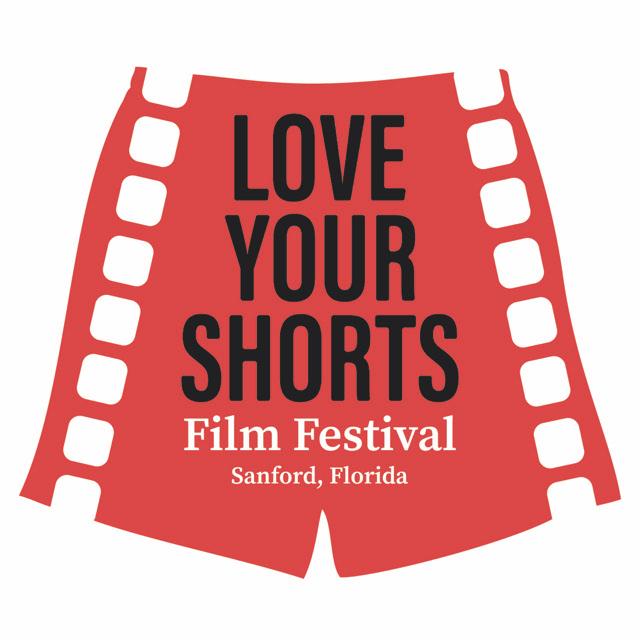Netherlands 4
Listen to Netherlands 4, a 47-year-old man from Veldhoven and Nijmegen, Netherlands. Click or tap the triangle-shaped play button to hear the subject.
Both as a courtesy and to comply with copyright law, please remember to credit IDEA for direct or indirect use of samples. IDEA is a free resource; please consider supporting us.
BIOGRAPHICAL INFORMATION
AGE: 47
DATE OF BIRTH (DD/MM/YYYY): 1961
PLACE OF BIRTH: Veldhoven, Noord-Braband, southern Holland
GENDER: male
ETHNICITY: Dutch
OCCUPATION: artist
EDUCATION: university education
AREA(S) OF RESIDENCE OUTSIDE REPRESENTATIVE REGION FOR LONGER THAN SIX MONTHS: N/A
OTHER INFLUENCES ON SPEECH:
The subject started to learn English at the age of 12. He spoke German when at university in Nijmegen, Netherlands, near the German border.
The text used in our recordings of scripted speech can be found by clicking here.
RECORDED BY: Geraldine Cook
DATE OF RECORDING (DD/MM/YYYY): 01/2006
PHONETIC TRANSCRIPTION OF SCRIPTED SPEECH: N/A
TRANSCRIBED BY: N/A
DATE OF TRANSCRIPTION (DD/MM/YYYY): N/A
ORTHOGRAPHIC TRANSCRIPTION OF UNSCRIPTED SPEECH:
[Interviewer: Um, when did you start learning English?] Um, at the age of 12. So, we, in the Netherlands, uh, it’s when we go to secondary school, or high sch-, is that high school, I think? And now I’m telling this it might have been even in the last class of primary school. It was a selected group of us who were thought to go to a specific kind of high school, and then I think, yeah, then, but then, it’s, it’s around my 12th year, yeah, yeah. [Interviewer: So how many years have you been speaking English altogether?] Since then? ‘Bout … [Interviewer: That’s what, 20 years?] And now 45? [Interviewer: Yeah, so 30, 30 years.] Yeah, but originally I was far more into German, which was by coincidence in a way because I started theology and philosophy in … I started theology and philosophy in Nijmegen, and that university was part- … partly because it’s close to the German border; um, but also because of my … most of my teachers it was … quite a lot of German language, or German philosophers and, and theologists that I had to read, and I had a few German professors. And actually I like German language a lot so I didn’t work a lot on my English; it is only since the last 10 years or something that I concentrated, or focused more on and worked a little bit more, partly because I started to perform myself; I, I at first I was more like a director in the last 10 years I focused more on telling my own stories. And we were invited a few times to come to Edinburgh and, and, and play around in Europe, and then we decided let’s not translate it in any kind, in different languages but only in English, so I took some lessons and then. And since then and then I worked in DasArts in Amsterdam, which is quite an internationally, uh, based or-, organized institution so, and then I well, I started liking it as well of course. I’m together with your colleague Richard Murford. I was invited to mentor, and in a way also direct, um, a project, um, which, uh, the initiative had to do with the fact that Australia and the Netherlands celebrate 400 years of, well, relationships, so that’s a little bit exaggerated because it had to do with the fact that this small Dutch vessel called the Duyfken ended up at the shores of Western Cape, York, 400 years ago, and it is said to be the first, at least documented, uh, moment in which non-Australians started mapping this continent, and that was only found out recently, I think, because everyone always tells that Captain Cook, uh, discovered Australia. Um, the two institutions, so DasArts in Amsterdam, and the Victorian College of the Arts, uh, organized a collaboration project, partly based on this historical event. So I’ve been here a few times over the past two years to, uh, to prepare the project, and the last three months to mentor it, or try to mentor it because it was a tough [laughs] clash of cultures and backgrounds and disciplines and … but, um, so that’s what I’ve been doing, uh, uh partly inspiring and challenging the participants partly, uh, group dynamics [laughs] partly, uh, stress management and things like that.TRANSCRIBED BY: Faith Harvey
DATE OF TRANSCRIPTION (DD/MM/YYYY): 20/03/2008
PHONETIC TRANSCRIPTION OF UNSCRIPTED SPEECH: N/A
TRANSCRIBED BY: N/A
DATE OF TRANSCRIPTION (DD/MM/YYYY): N/A
SCHOLARLY COMMENTARY: N/A
COMMENTARY BY: N/A
DATE OF COMMENTARY (DD/MM/YYYY): N/A
The archive provides:
- Recordings of accent/dialect speakers from the region you select.
- Text of the speakers’ biographical details.
- Scholarly commentary and analysis in some cases.
- In most cases, an orthographic transcription of the speakers’ unscripted speech. In a small number of cases, you will also find a narrow phonetic transcription of the sample (see Phonetic Transcriptions for a complete list). The recordings average four minutes in length and feature both the reading of one of two standard passages, and some unscripted speech. The two passages are Comma Gets a Cure (currently our standard passage) and The Rainbow Passage (used in our earliest recordings).
For instructional materials or coaching in the accents and dialects represented here, please go to Other Dialect Services.
 IDEA: International Dialects of English Archive
IDEA: International Dialects of English Archive




